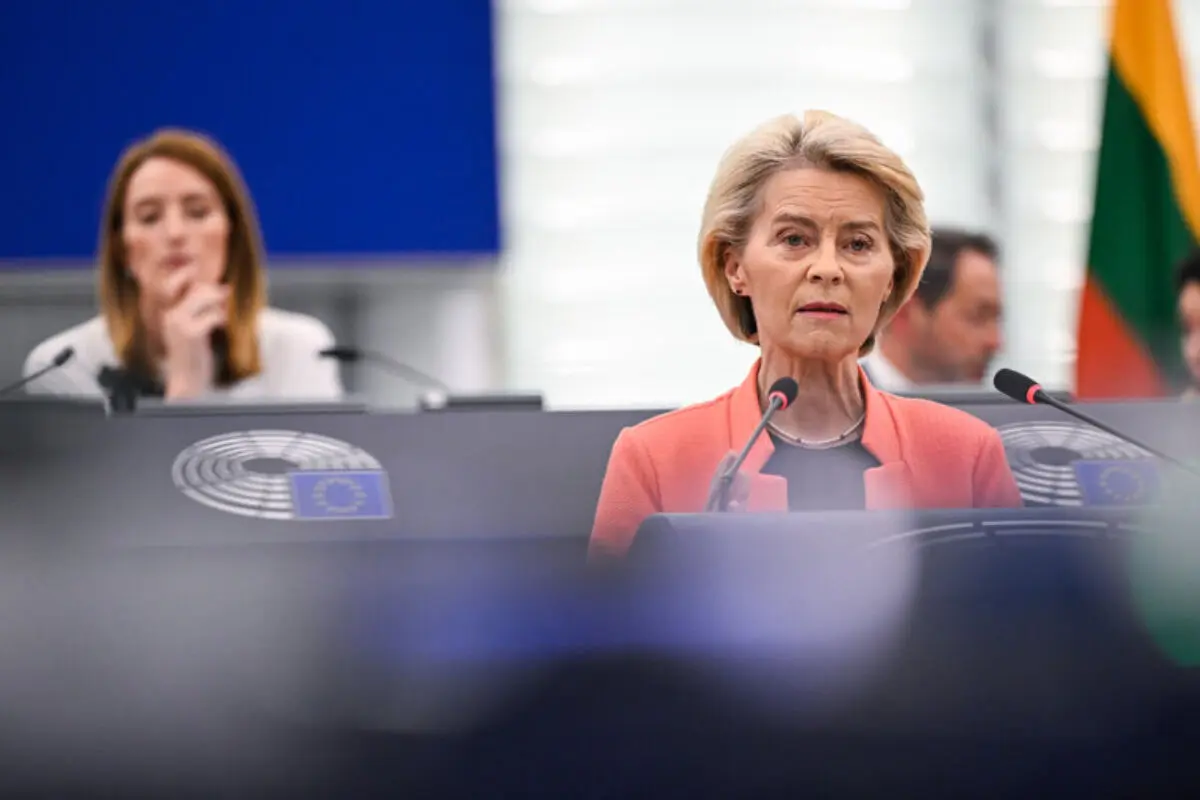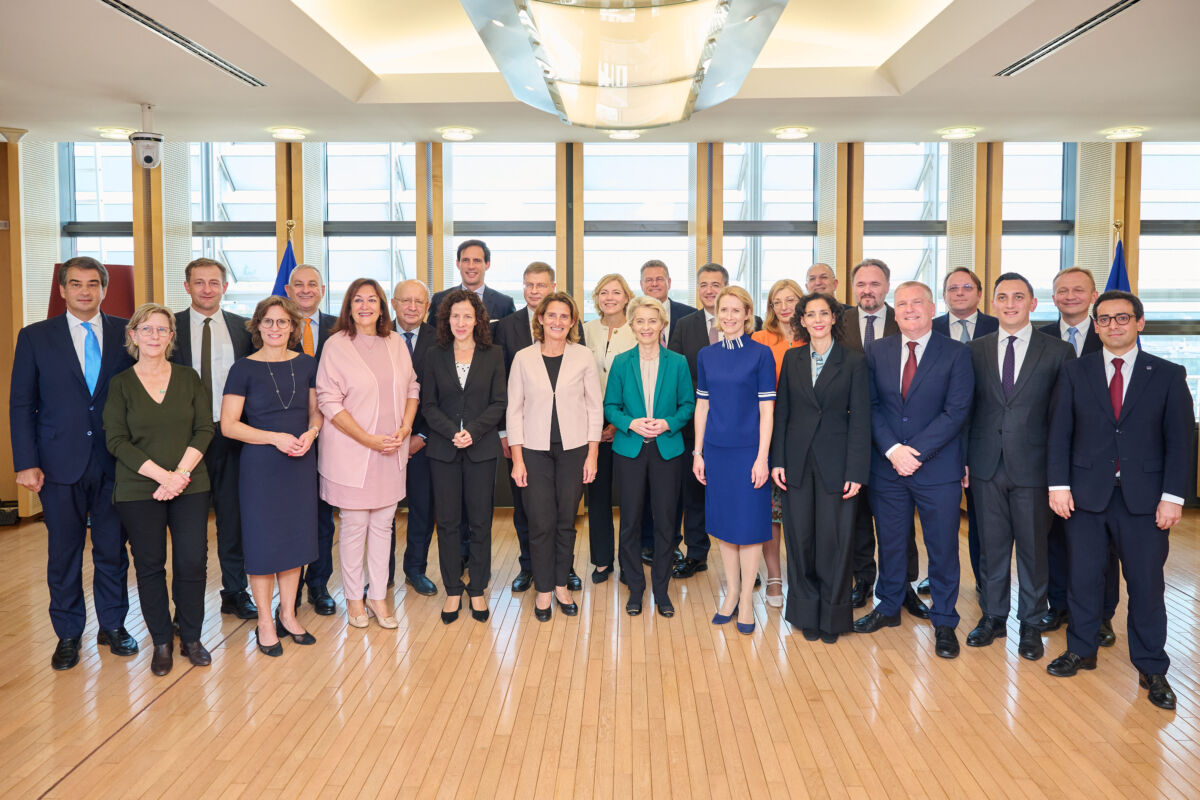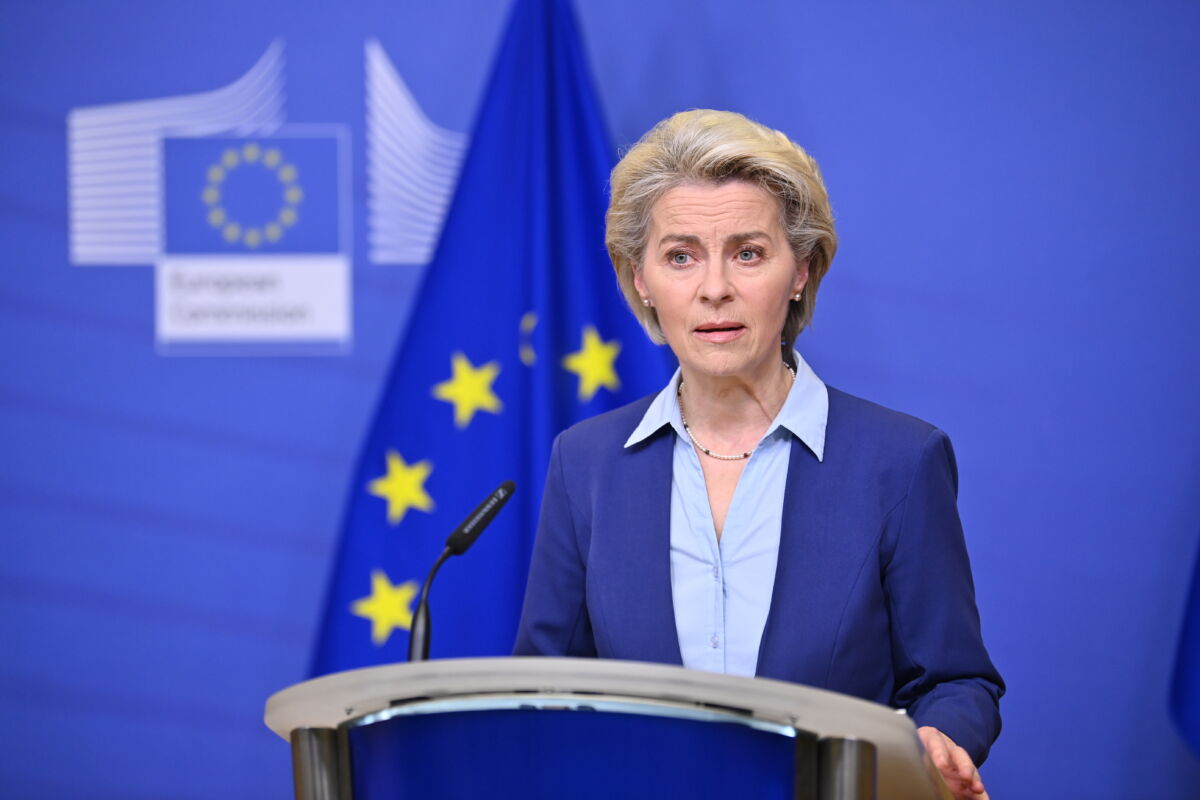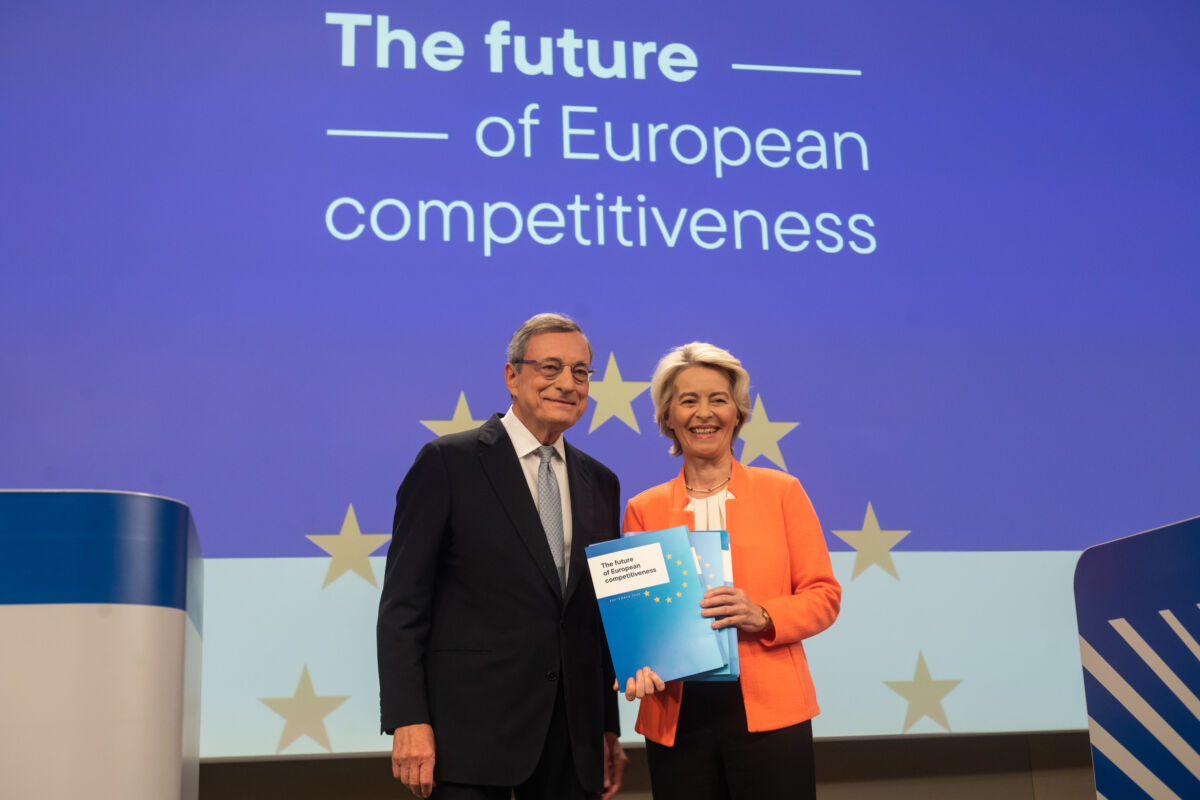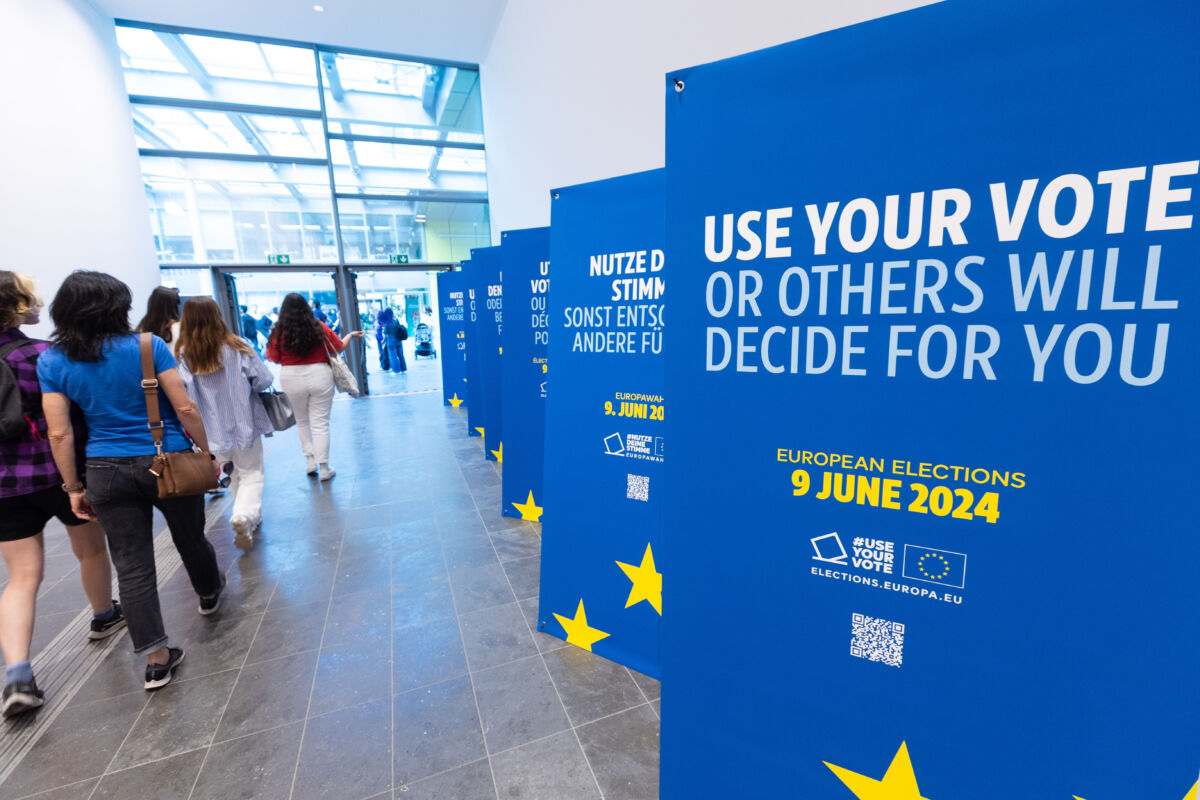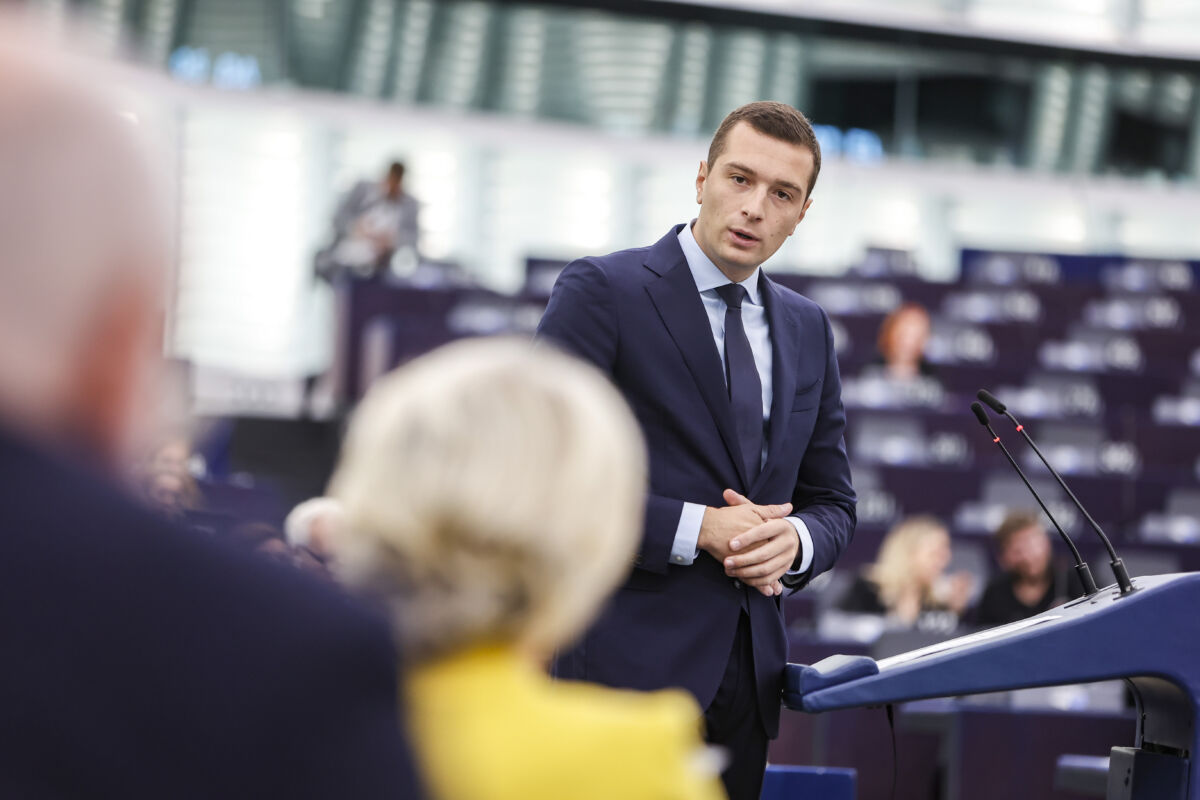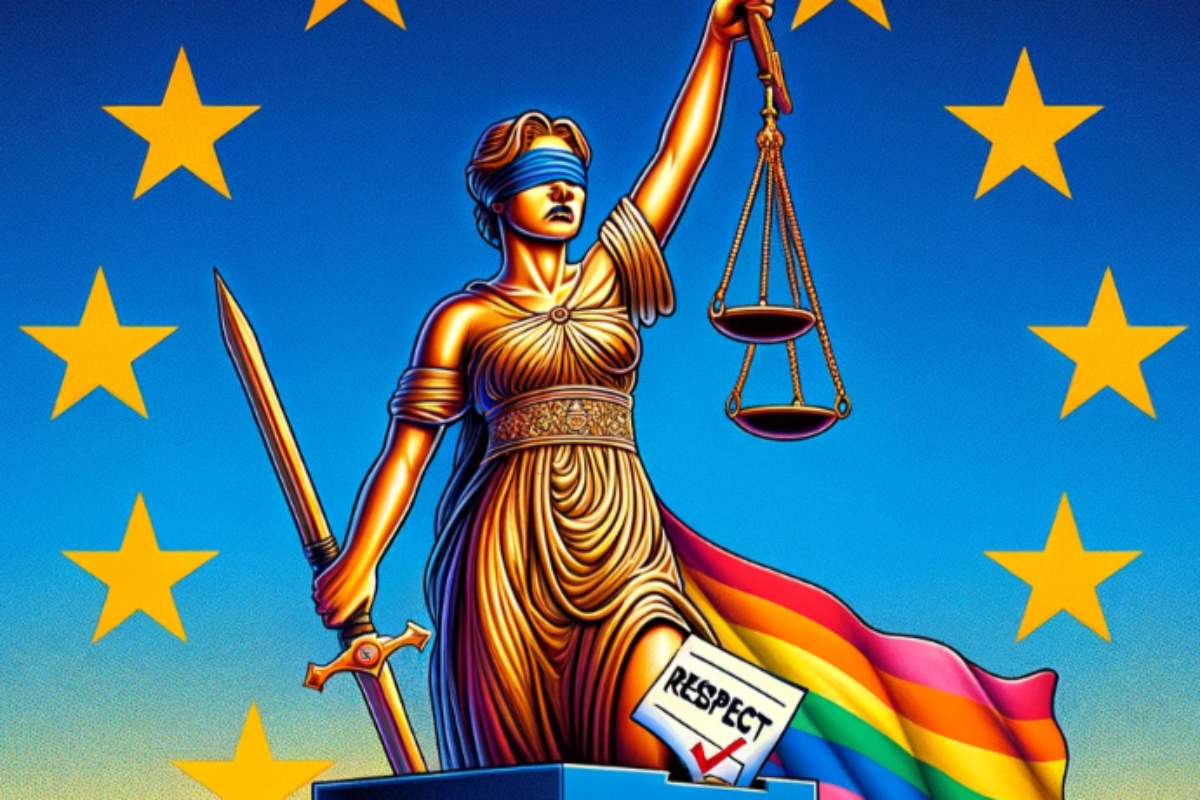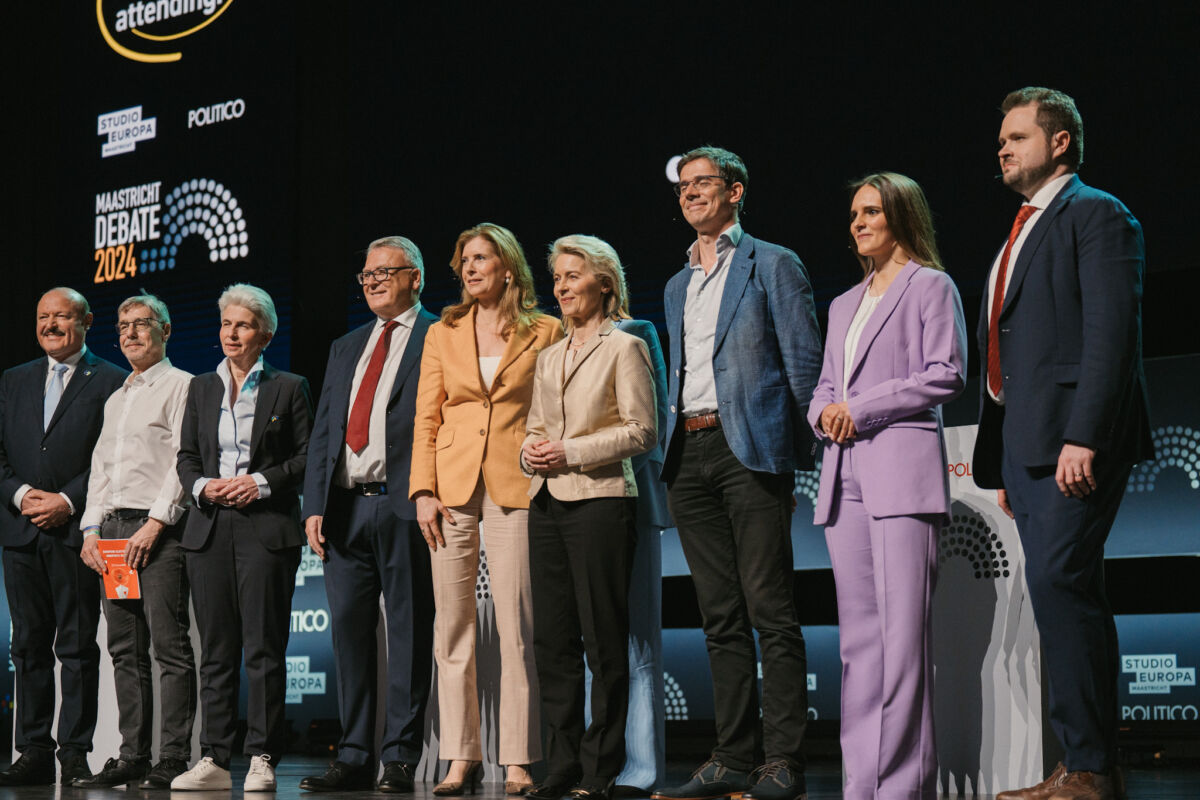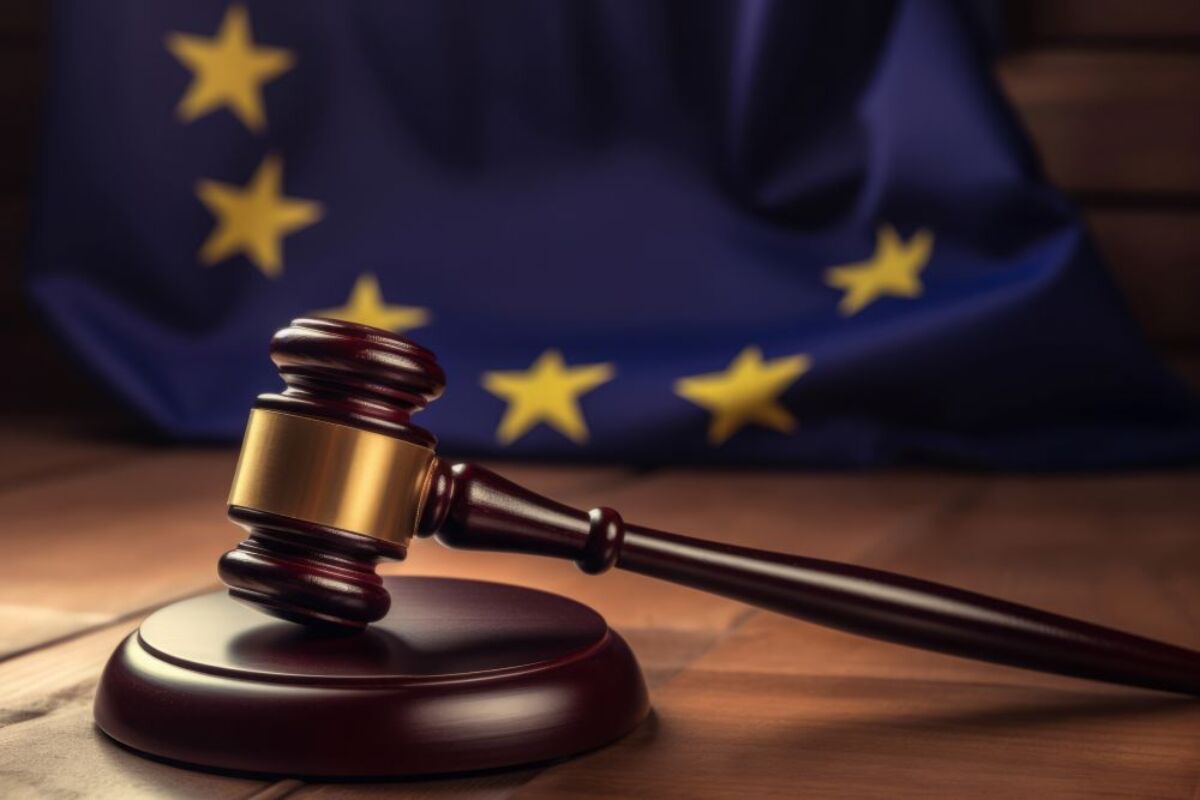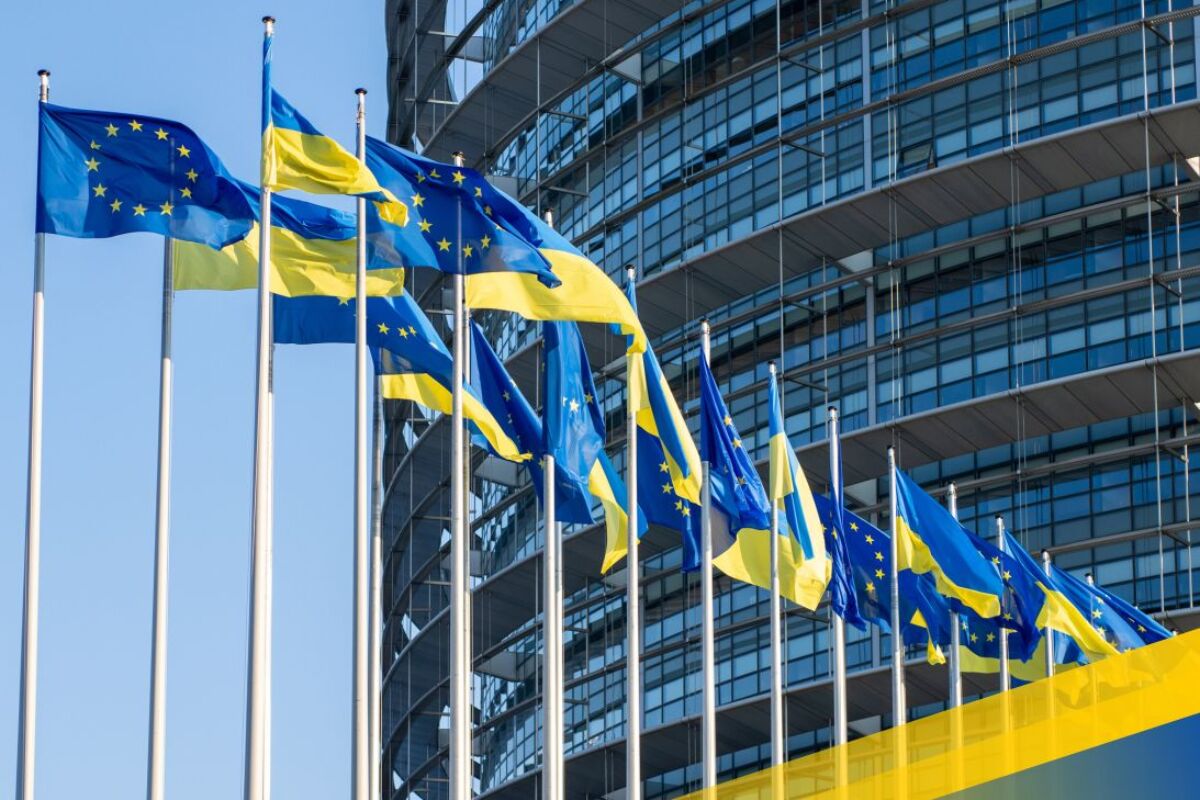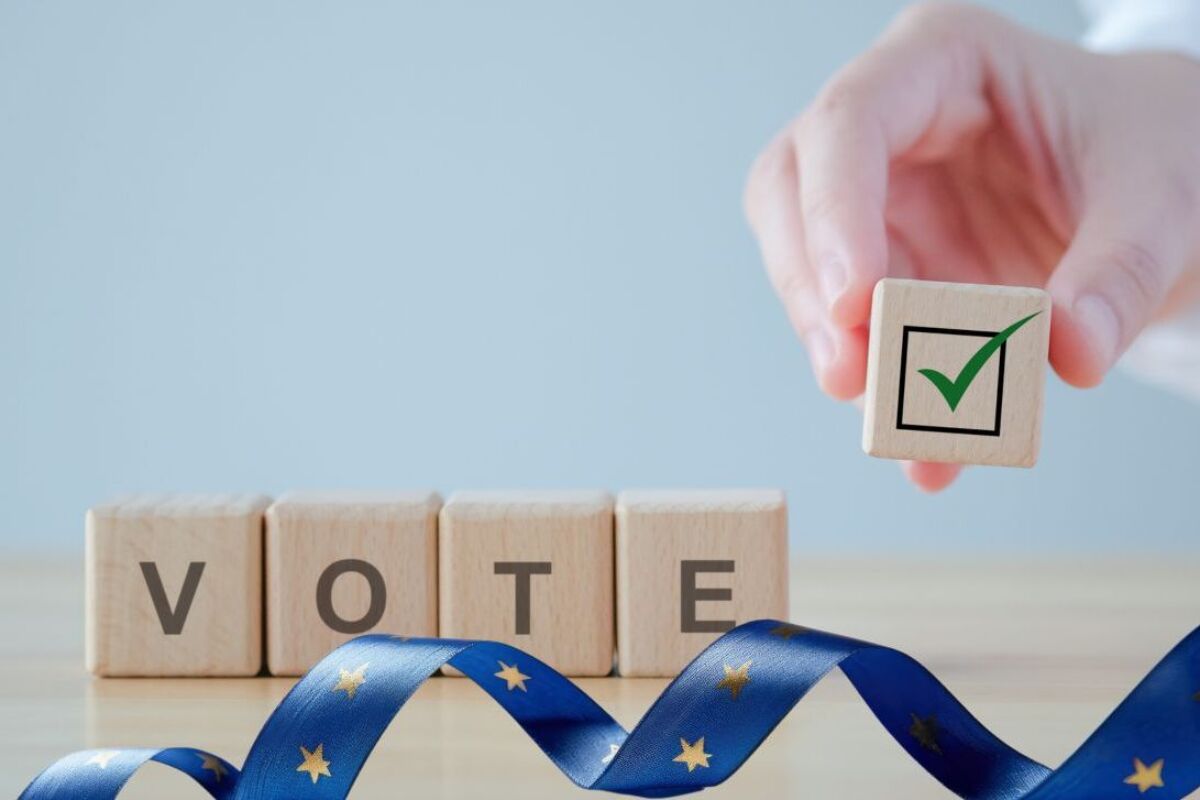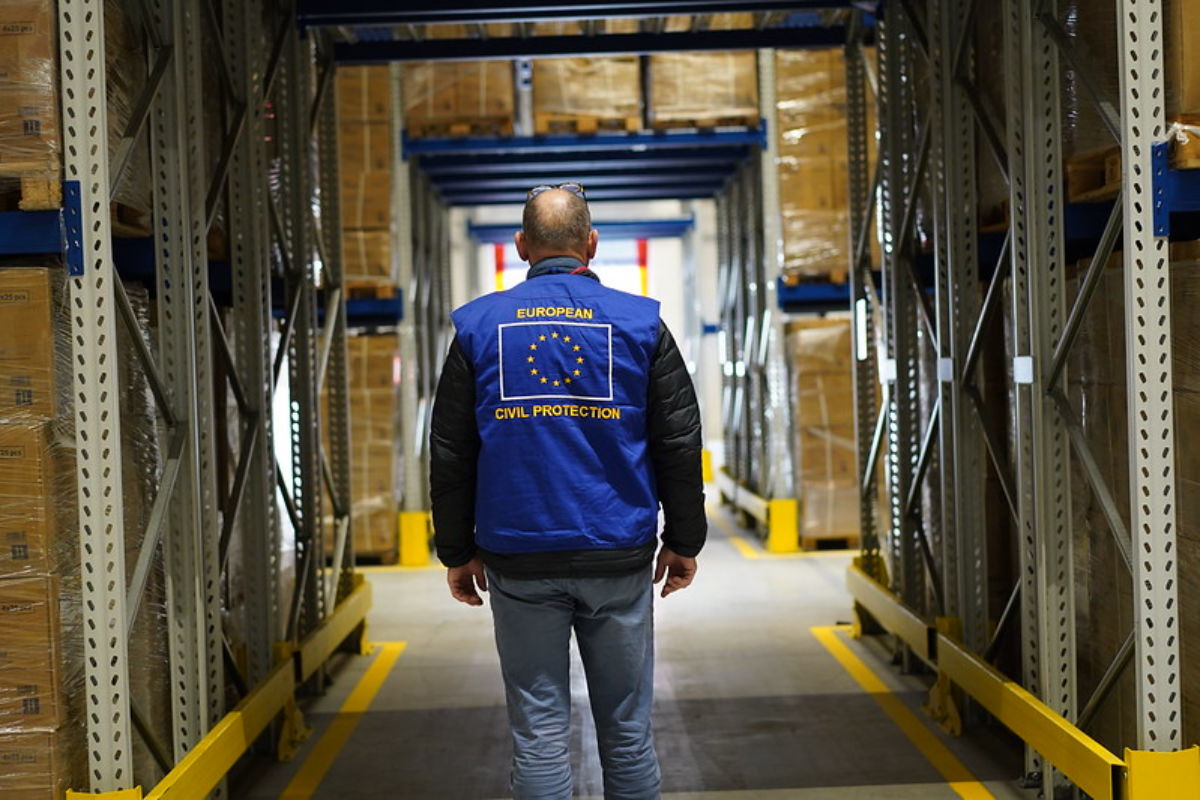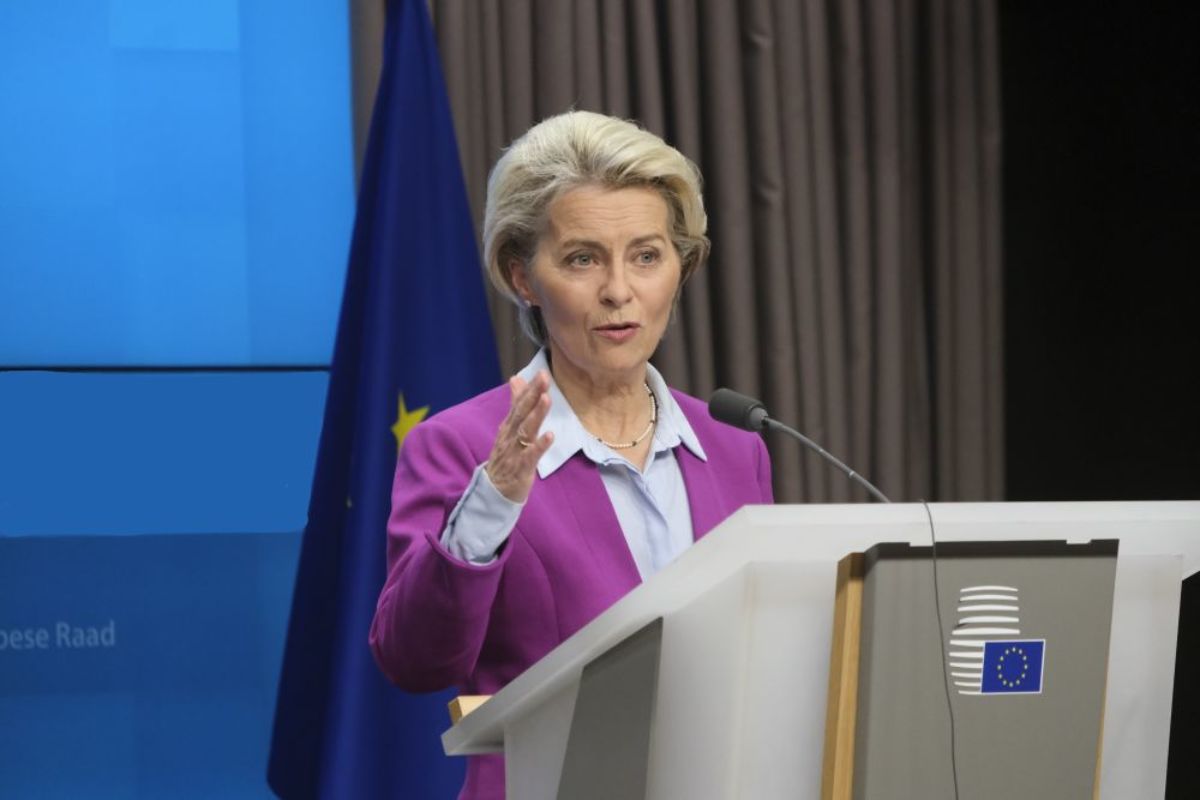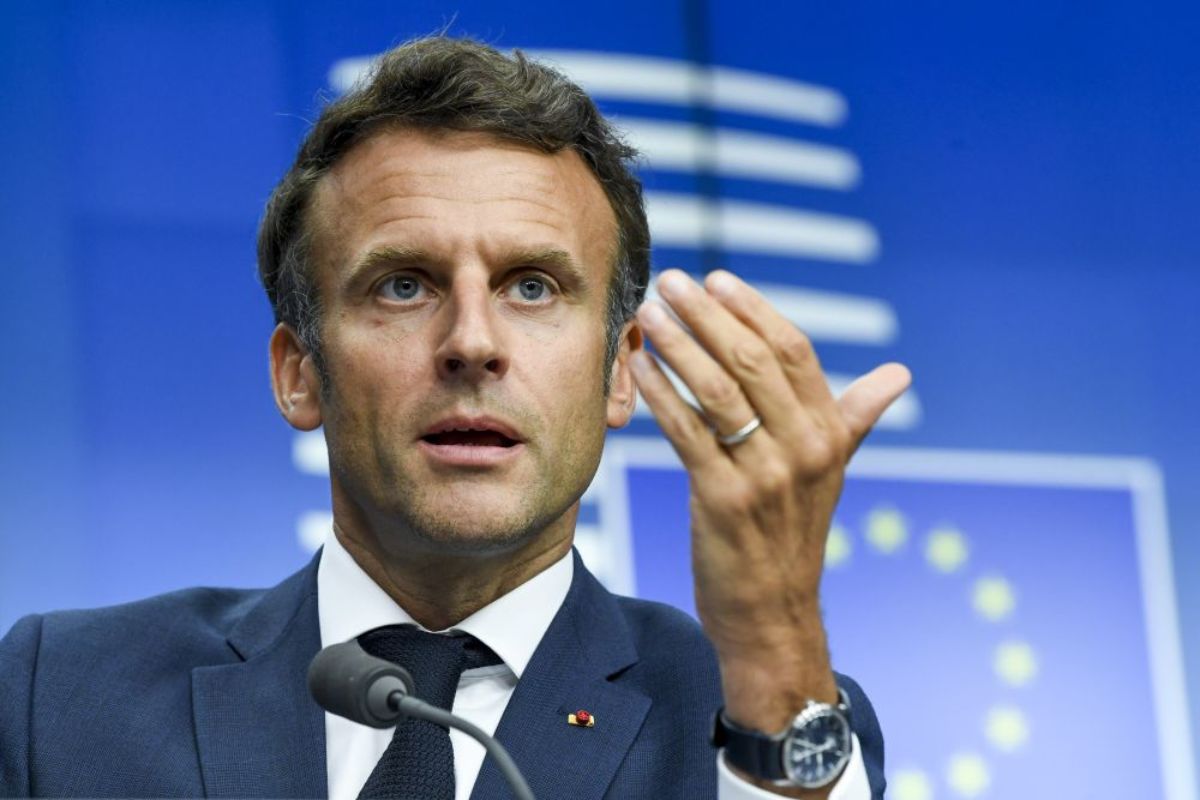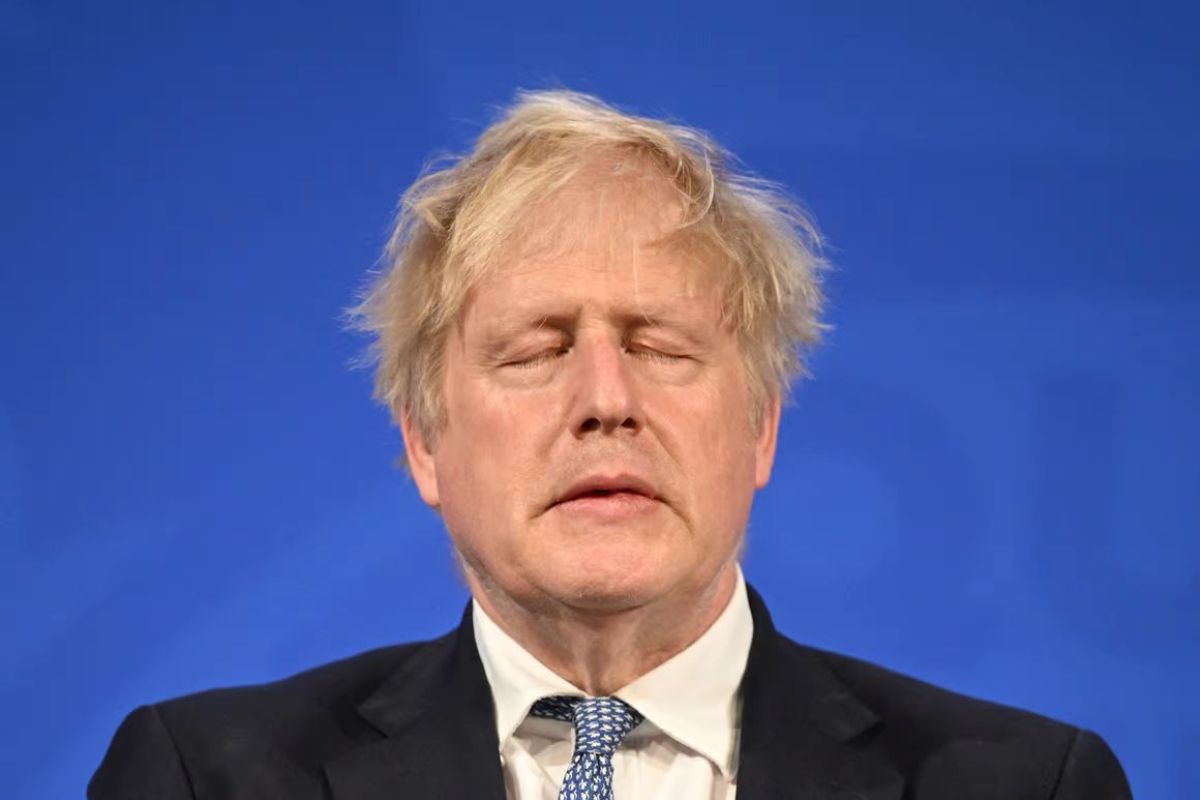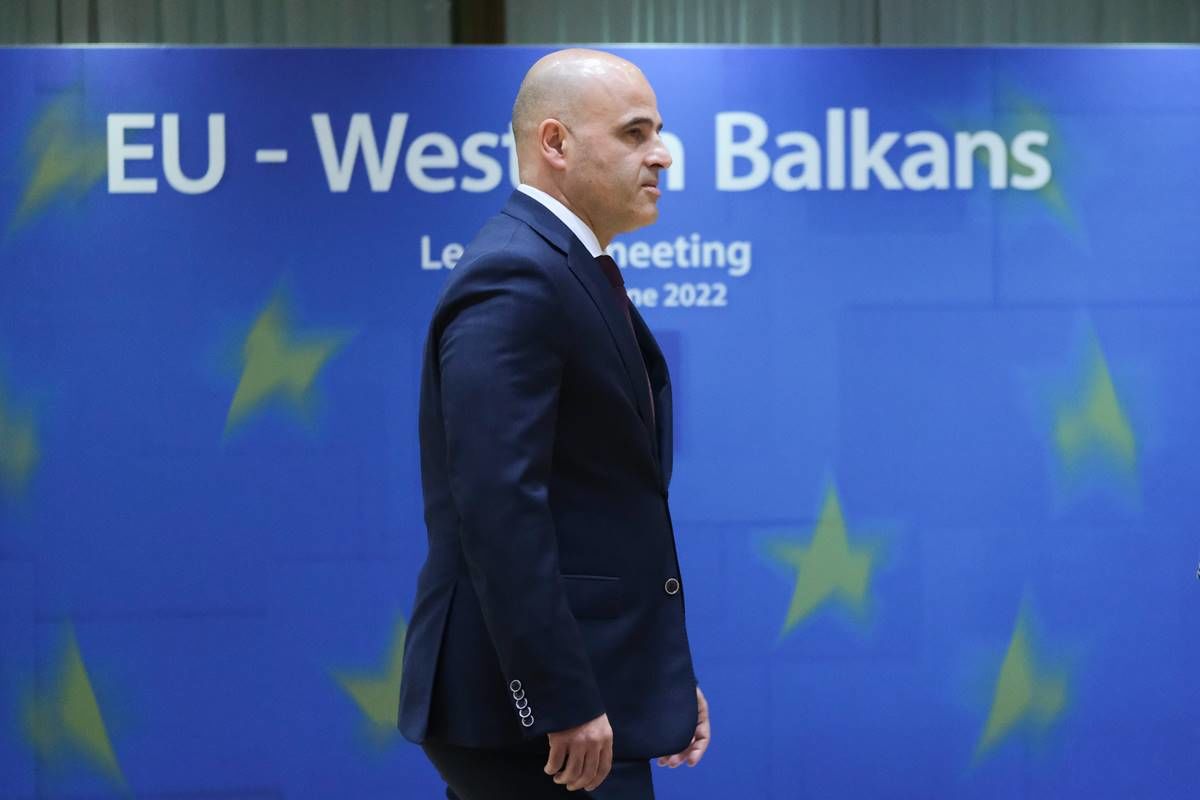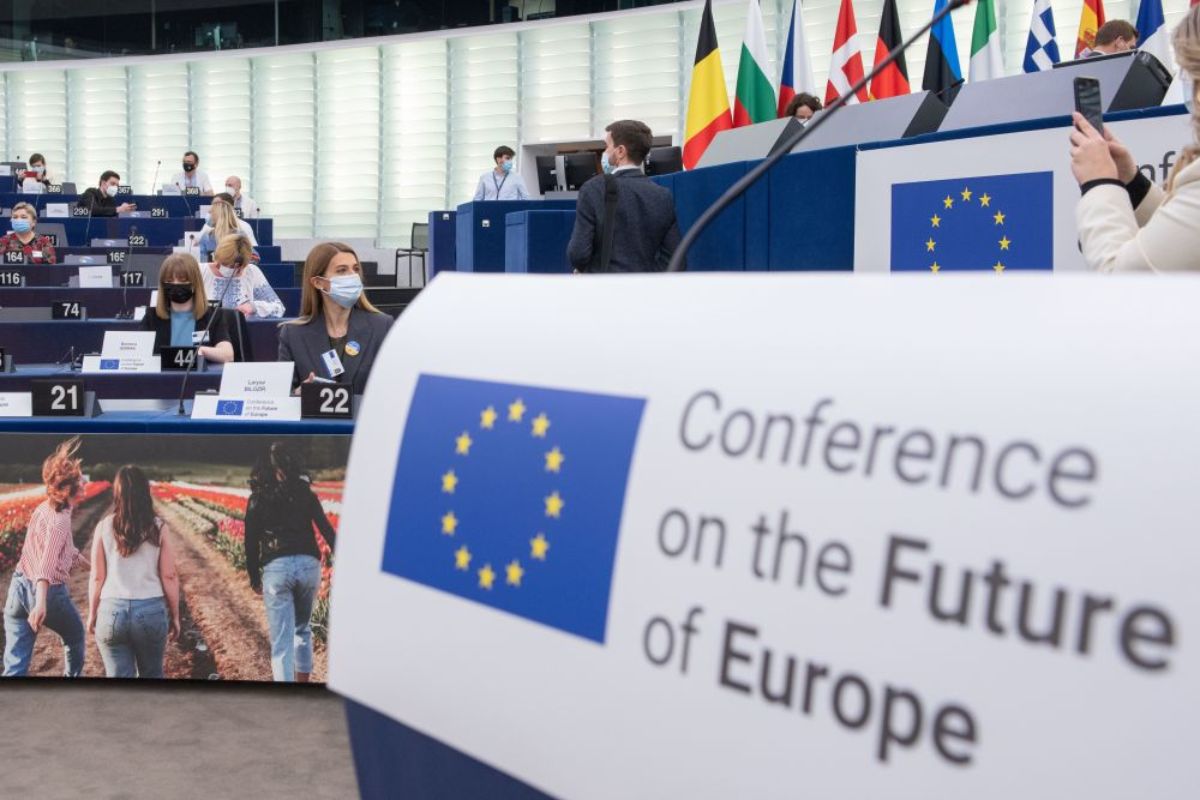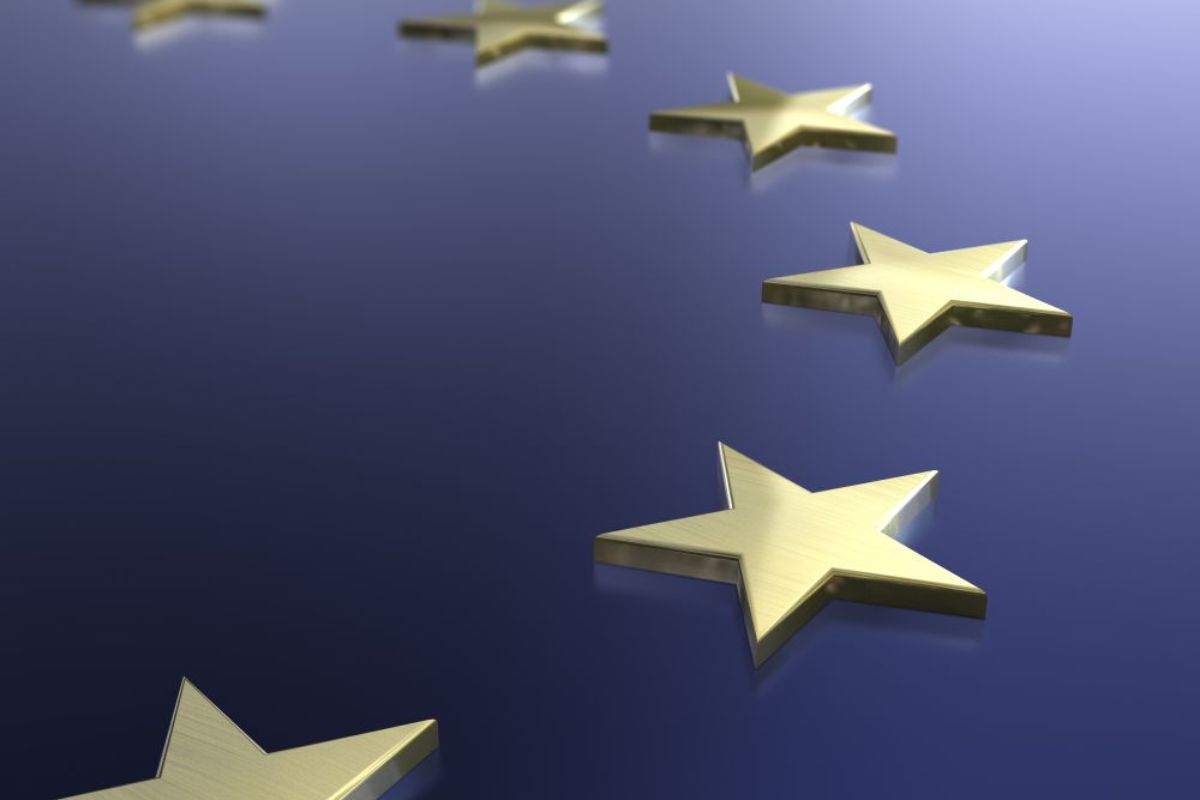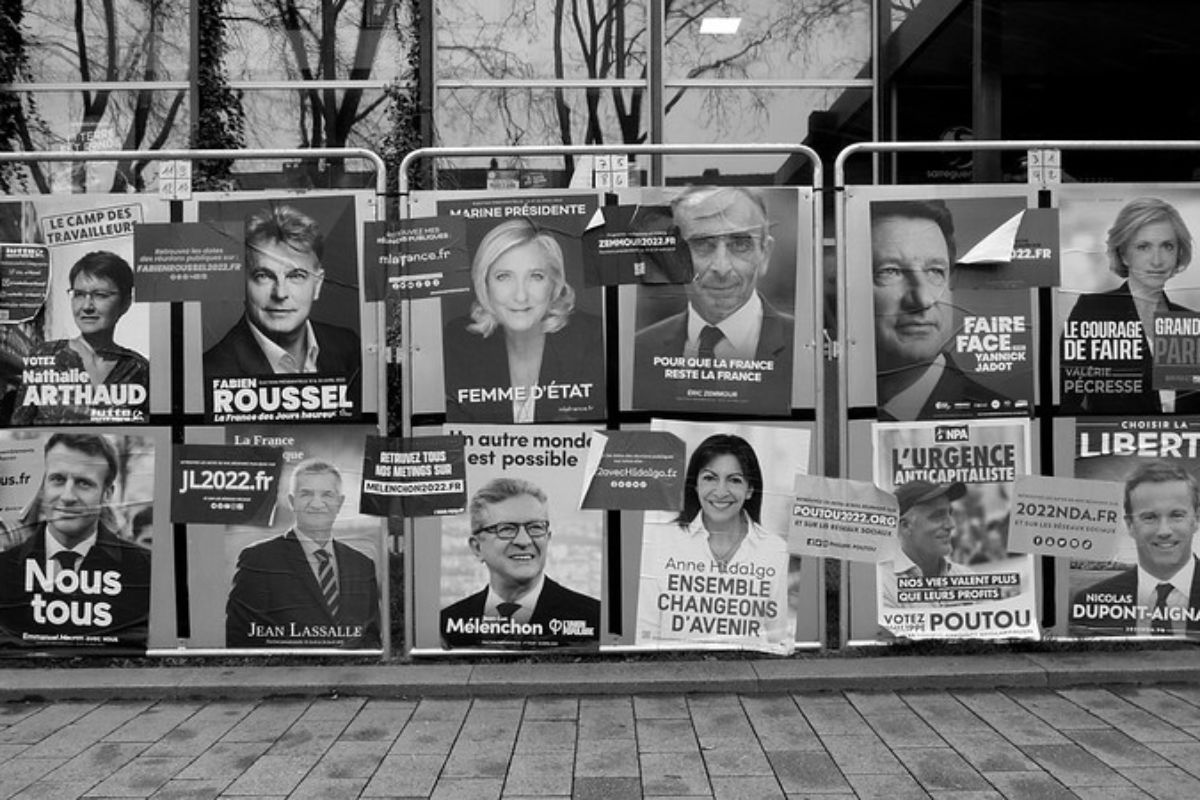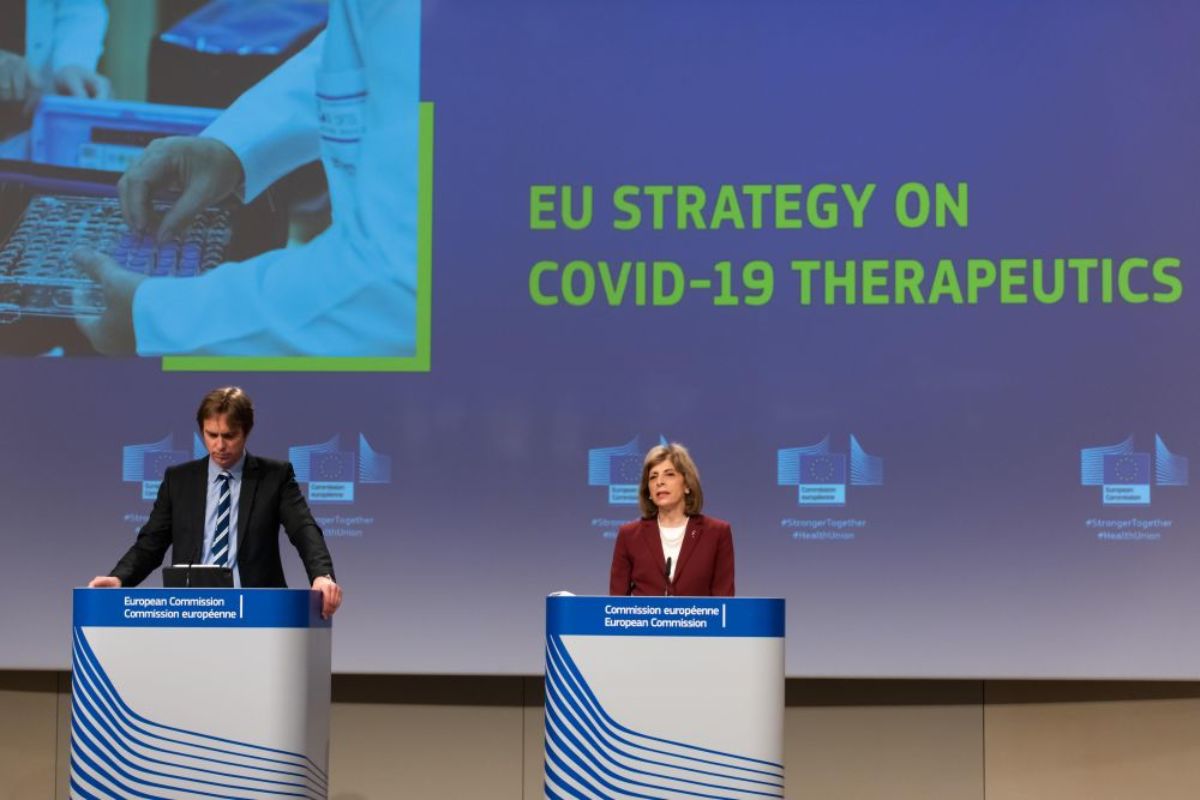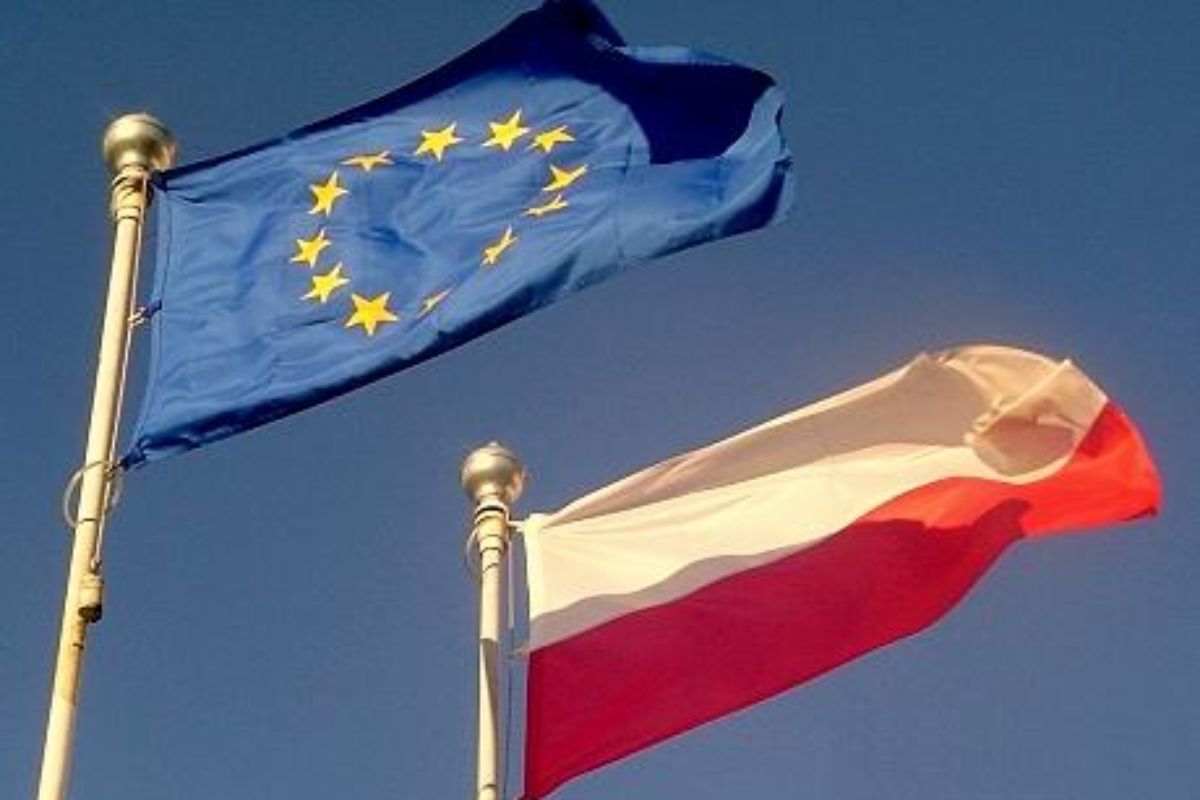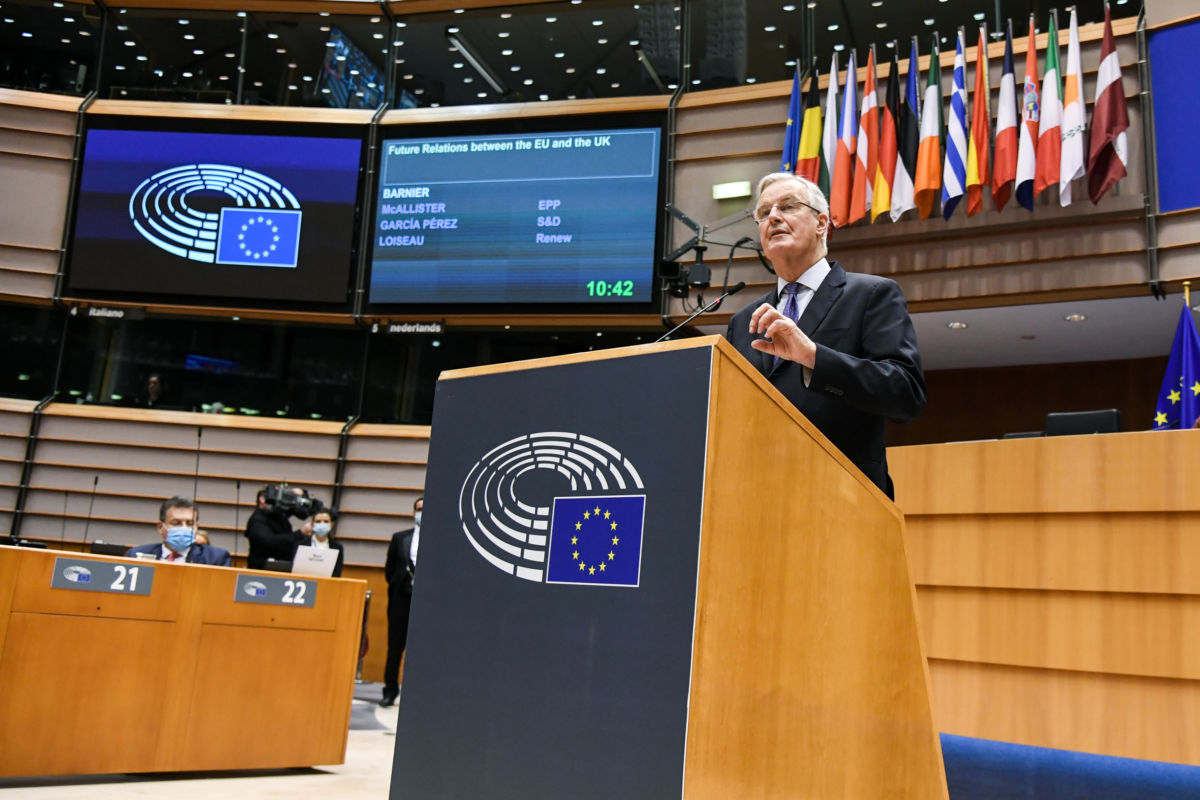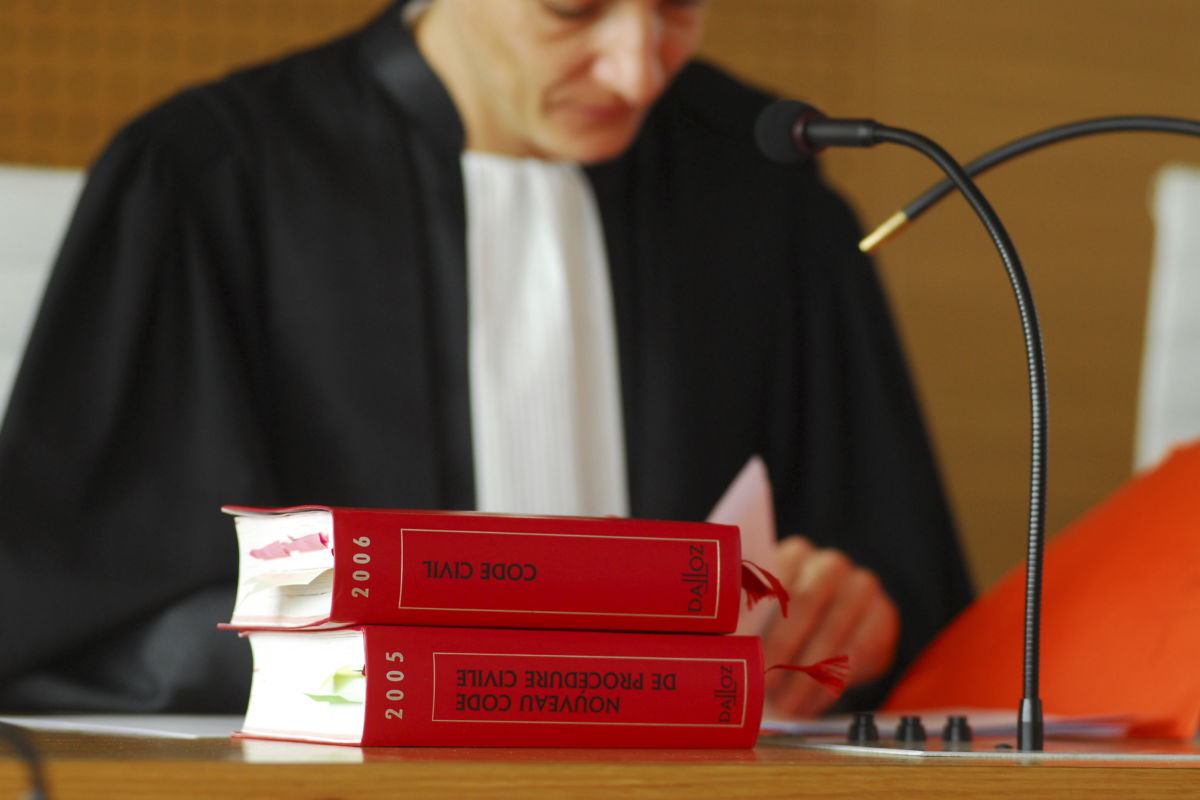While in some EU Member States, there is still a firewall against the far right, at the European level, cooperation between conservatives and the far right is taking place without much fuss. This is already apparent in the way the hearings of the designated Commissioners are being organised in the European Parliament, starting on 4 November. The process of critical questioning is becoming increasingly party-politicised. The largest political faction, the conservative European People’s Party (EPP), has advantages in the process. What’s more, it seems ready to work with the far right.
This is dangerous because it increases the risk that party-political considerations will overshadow what this procedure is actually about, which is to check whether candidates are suitable for influential Commissioner posts. That could compromise Parliament’s role in oversight.
The EPP seems ready for alliances with the far right
The party-politicisation is facilitated by a new balance of power in the European Parliament. After last June’s elections, the conservative (EPP)remains the dominant force. But because the centre-left parties lost their majority, the EPP family can now organise majorities on both the left and the right of the political spectrum.
While in the last legislative period, most decisions were supported by the centre parties – the EPP, Social Democrats and Liberals – in this legislative period there are also potential partners for the EPP on the right. And it looks as if it wants to enter into such alliances.
The Commissioners’ hearings are much more than a formality
Starting next week, each Commissioner-designate will present their plans and priorities to the respective parliamentary committees, followed by extensive questioning by MEPs.
The purpose of this procedure is to check whether the candidates are competent and independent enough to fill the posts. This is far more than just a formality: in all past hearing rounds in Parliament, portfolios were either adjusted or candidates were replaced. In the last round in 2019, an unprecedented number of Commissioners-designate (three) failed. The European Parliament was not shy about flexing its mucsles.
Traditionally, political groups in the European Parliament support their candidates and ask tougher questions of the other candidates. This time, however, it seems that the parties in the political centre are prepared to go easy on each other in order to ensure that their candidates get through.
The EPP has already voted in favour of an AfD motion
With the new balance of power in Parliament, the EPP also has the upper hand on decisive factors such as the selection of the committees involved and the order of hearings. Of the 26 Commissioners-designate, 14 are EPP candidates, making them vulnerable. To get them through the hearings as unscathed as possible, the EPP has organised the hearings so that Teresa Ribera (arguably the most important Social Democratic candidate) will be heard last. This move is widely viewed as a tactic to reduce the hostility displayed by her political group towards the EPP candidates.
For this strategy to work, however, the EPP will need the support of three far-right groups in the European Parliament. One is the national conservative ECR (Group of European Conservatives and Reformers), which is largely deemed moderate due to the moderate EU course of Italian Prime Minister Giorgia Meloni. Another is the ‘Patriots for Europe’, which includes the parties of Marine Le Pen and Victor Orbán. Then there is the ESN (Europe of Sovereign Nations), in which the AfD (Alternative for Germany) plays a leading role.
In terms of their programmes, there are hardly any differences between the latter two. So far, they have been shunned by all other political groups in the European Parliament in favour of other alliances. But this could now change. There are already initial indications of this firewall cracking. In a vote last week, the EPP voted in favour of an AfD motion for the first time.
This commentary was originally published by the Handelsblatt. Read it here.


